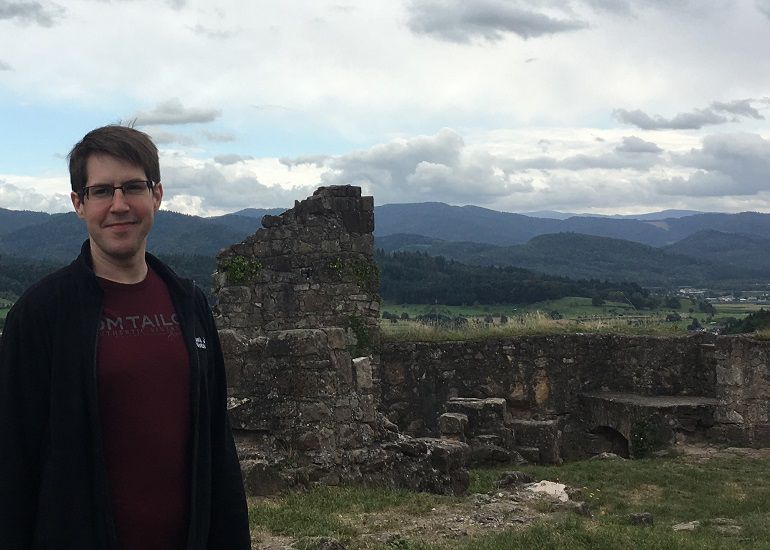Markus Ulbricht: “Argumentation Frameworks Induced by Assumption-Based Argumentation: Relating Size and Complexity”
CAIML cordially invites you to a talk about computational argumentation and its complexity.

February 24th 2023
- 10:00 – 10:30 CET
- Seminarraum FAV 01 C, Zemanek
- 1st Floor
On This Page
The Center for Artificial Intelligence and Machine Learning and the Research Unit Databases and AI at TU Wien cordially invite you to a talk by Markus Ulbricht about computational argumentation, in particular assumption-based argumentation and its complexity.
Abstract
A key ingredient of computational argumentation in AI is the generation of arguments in favor or against claims under scrutiny. In this talk we look at the complexity of the argument generation procedure in the prominent structured formalism of assumption-based argumentation (ABA). We identify key sources contributing to the overall computational complexity of this process. As it turns out, in general multiple steps in this procedure are computationally hard. We identify several ABA fragments for which this is not the case, i.e., the source of complexity within the instantiation procedure can be traced back to one particular step. We then show how general ABA frameworks can be transformed in order to benefit from the aforementioned fragments. Along the way, we discuss several results connecting expressivity of ABA fragments and the number of constructed arguments. A common restriction for ABA is that the given framework is assumed to be flat, i.e., the defeasible parts of the knowledge cannot be entailed, only assumed to be true or not. In the final part we outline how to transition our results to ABA frameworks where this assumption is dropped.
About the Speaker
Markus Ulbricht is Post Doctoral Research Associate at the Center of Scalable Data Analytics and Artificial Intelligence (ScaDS.AI) at Leipzig University. His main research interests are theoretical aspects of formal argumentation. After his PhD studies, he continued working in Leipzig and contributed to several argumentation-related projects. In 2021, he visited TU Vienna for six months. At Scads.AI, his main focus is to investigate the potential of argumentation theory regarding its contributions to explainability.

